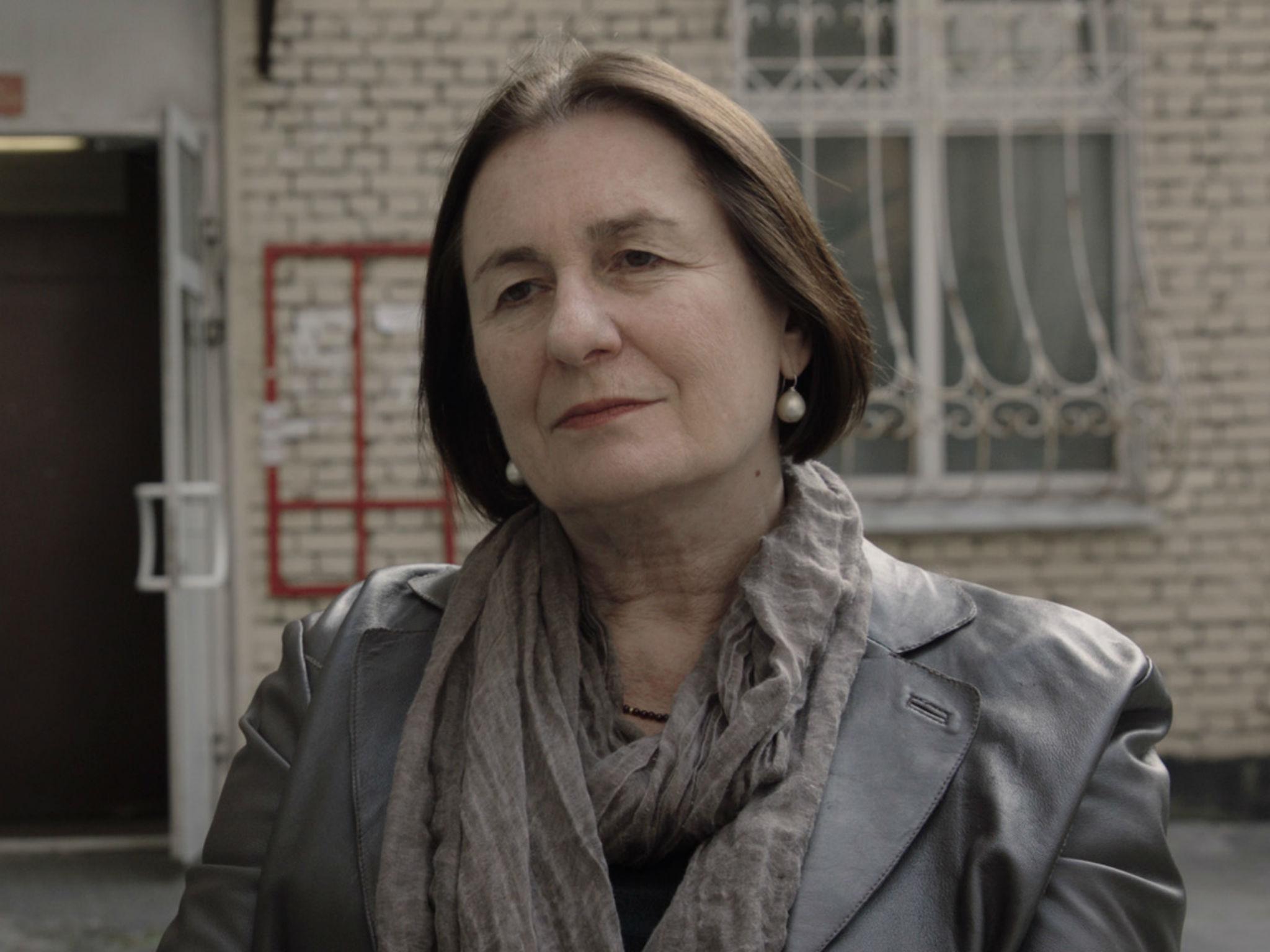Tracking Edith review: Fascinating but sprawling feature documentary
Dir Peter Stephan Jungk, 92 mins, featuring: Misha Donat, Duncan Forbes, Barbara Honigmann, Irina Sherbakova, Peter Suschitzky, Wolfgang Suschitzky

As Tracking Edith tells us, its Vienna-born subject Edith Tudor-Hart may have been a fervent communist but she never went to Russia herself. She ended her life selling antiques in Brighton. In her professional life, she was best known as a photographer who took pictures of street scenes, hunger marchers and striking miners. However, director Peter Stephan Jungk, who is Tudor-Hart’s great nephew, reveals that she changed the course of history. As an unpaid KGB spy herself, she brokered the introduction between Kim Philby and Soviet spy Arnold Deutsch, thereby helping launch the espionage career of Britain’s most notorious double agent.
Tracking Edith is a fascinating but sprawling feature documentary whose structure matches its subject’s chaotic life. It takes us from Vienna in the early 30s to the UK a few years later and onto Russia; throws in references to the Bauhaus, the Cold War and heavy-handed echoes of The Third Man and even includes a few animated sequences.
Jungk has managed to speak to Soviet espionage experts and former spies as well as to their British equivalents. He has also done his best (with only limited success) to get into the Soviet archives. Even so, we get different perspectives from those aired in all those British-made documentaries about Philby and the “Cambridge Five.”
Like the equally neurotic Vivian Meier, the reclusive American nanny who turned out to have been a prolific and brilliant photographer, Tudor-Hart used a Rolleiflex camera. This both enabled her both to stare downward at the viewfinder when she wanted to avoid eye contact and, conversely, to engage with her subjects without the camera getting in the way.
This film has taken its time to reach British cinemas. It premiered in Vienna almost two years ago and features interview material with Edith’s brother, Wolfgang Suschitzky, (the celebrated Get Carter cinematographer who died in 2016 aged 104.) Nonetheless, it is an intriguing affair which still seems topical. It works as a spy story, as a study of a talented and neglected photographer, and as a dark family tale. Edith endured her share of poverty and misery. One interviewee suggests her decision to spy for the Soviet Union was prompted by her sentimental view of Soviet art in the 1920s. She may have known about Stalin’s “Great Terror” but was still enthralled by filmmakers like Vertov and Eisenstein and by all those modernist artists who proselytised on behalf of the workers. Edith emerges as a troubled and very contradictory personality: one who had a strong (if indirect and only belatedly acknowledged) impact on twentieth-century British history but ended up a victim of her own naive romanticism.
Subscribe to Independent Premium to bookmark this article
Want to bookmark your favourite articles and stories to read or reference later? Start your Independent Premium subscription today.

Join our commenting forum
Join thought-provoking conversations, follow other Independent readers and see their replies